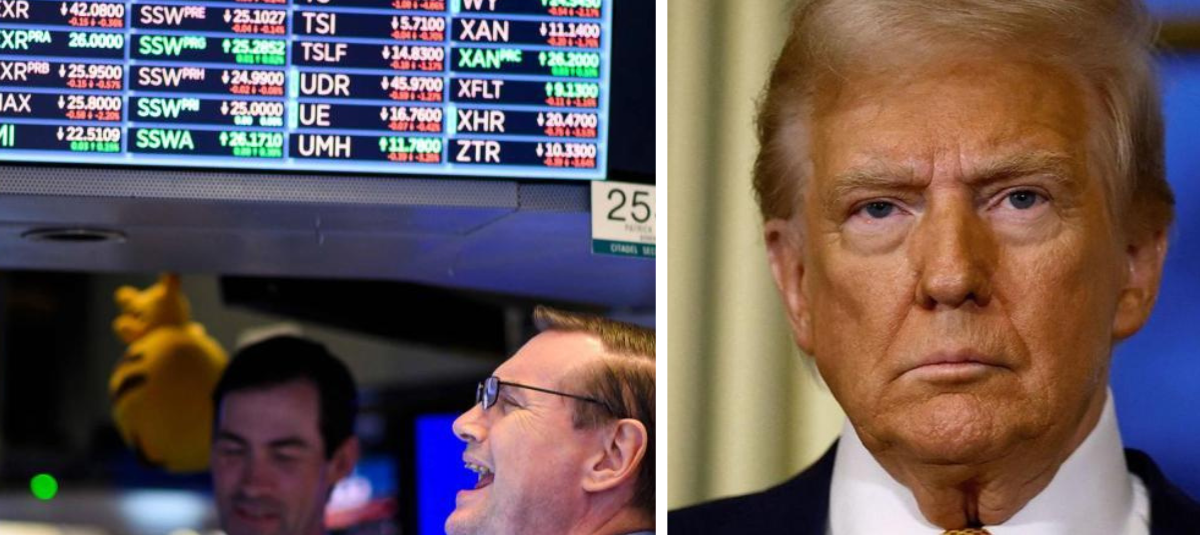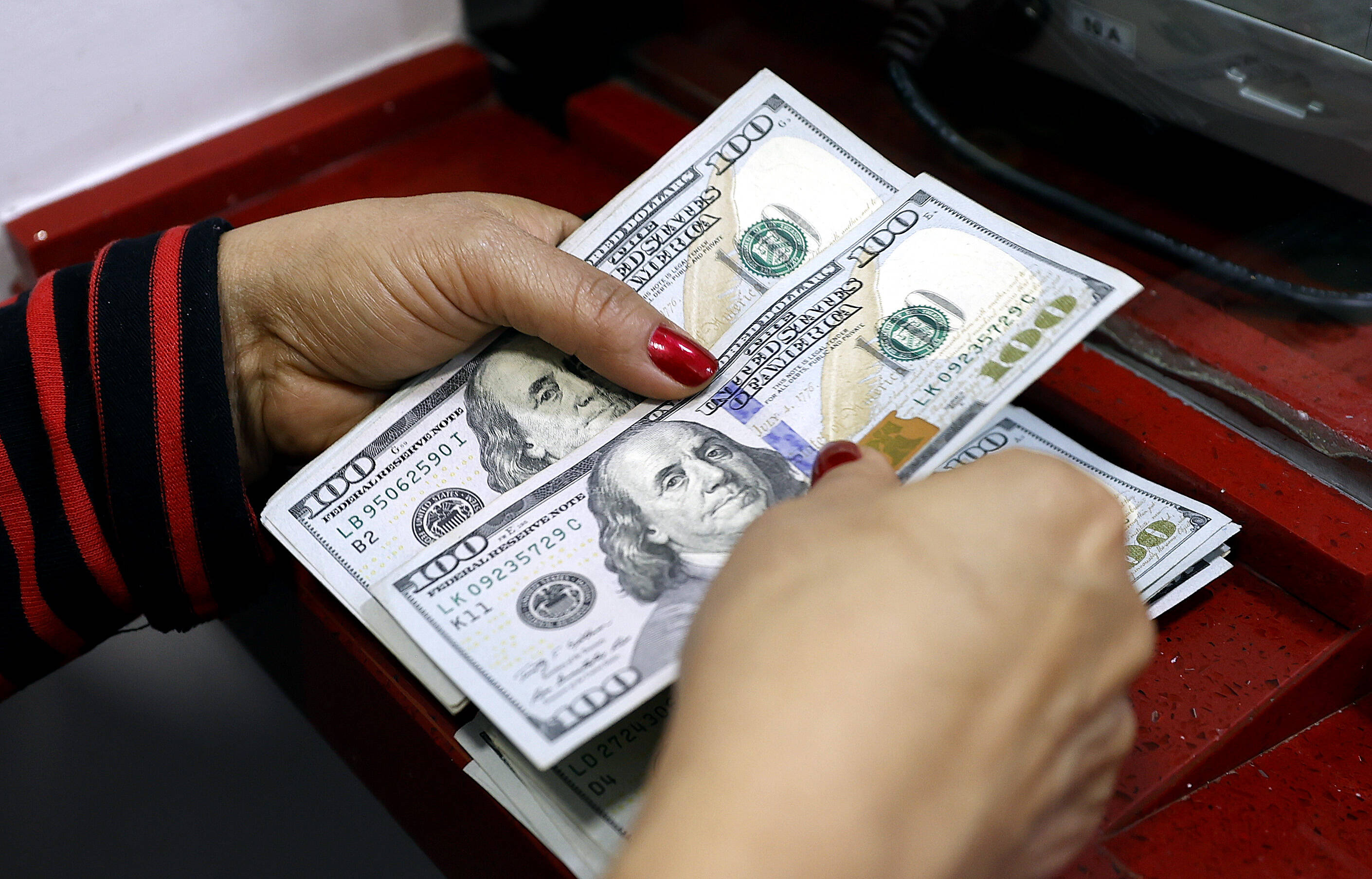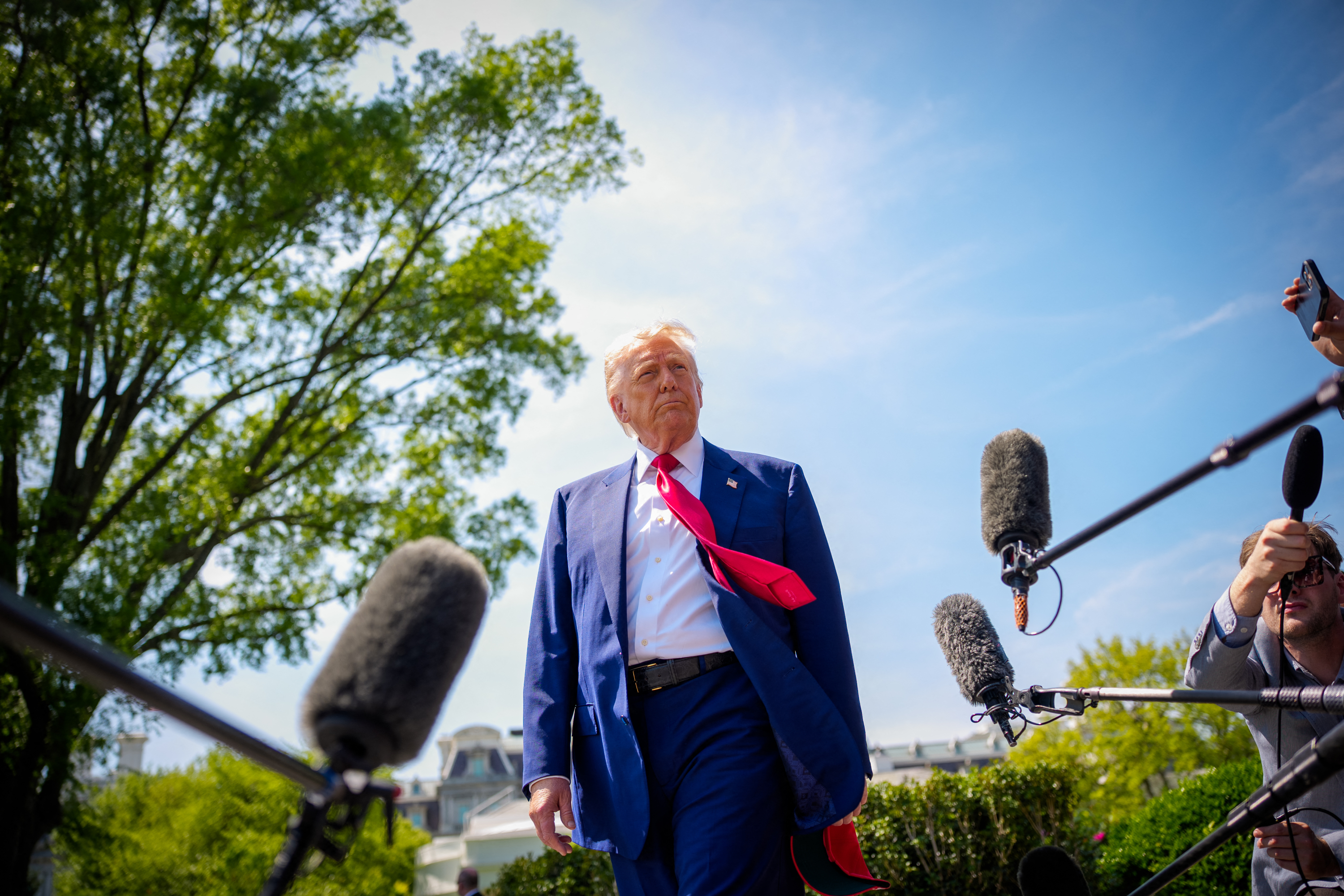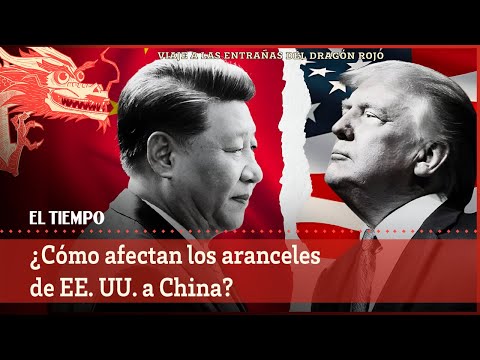Who benefits from a global dollar?

President Donald Trump believes the United States is only for Americans. The US dollar, on the other hand, is for everyone. In the event that the group of emerging economies known as BRICS creates a new currency, Trump has warned that those who "support any other currency to replace the mighty US dollar" will face 100% tariffs.
But Trump's chairman of the Council of Economic Advisers, Stephen Miran, doesn't see the president's views on this issue. On April 7, he told the Hudson Institute that the global use of the dollar has "caused persistent monetary distortions and, along with other countries' unfair trade barriers, contributed to unsustainable trade deficits."
Miran isn't the only MAGA (Make America Great Again) economist to hold this view. Michael Pettis, who is not a member of the administration but has influence within it, recently wrote a commentary in the Financial Times titled "The US would be better off without the global dollar."

Traders at the New York Stock Exchange. Photo: Getty Images via AFP
Global demand for greenbacks is increasing their value. Trump believes this is a good thing, because strong countries should have strong currencies. But he has surrounded himself with advisors who worry that a strong dollar will make American industry uncompetitive and send jobs abroad. Who's right?
'Exorbitant privilege' When Filipinos, Malaysians, Saudis, Nigerians, Colombians, and virtually everyone else use dollars to save and invest, they are sustaining what Valéry Giscard d'Estaing, when Charles de Gaulle's finance minister, irritably described as an “exorbitant privilege” for the U.S.—not an exorbitant cost, as Miran and Pettis believe.
Almost all governments issue currency to help pay their bills. Local people accept pieces of paper in exchange for goods and services. Economists call this fragile arrangement "seigniorage." And when people lose faith in the local currency and try to get rid of it—as has happened in countries from Argentina and Venezuela to Zimbabwe—consumer prices skyrocket.

Trump ordered the closure of the Consumer Financial Protection Agency. Photo: EL TIEMPO Archive / Agencies (AFP and EFE)
The United States is unique because people around the world want to hold dollars, so it collects seigniorage taxes worldwide. The Federal Reserve estimates that foreigners hold more than a trillion dollars, or 45% of the total currency in circulation. This is a cheap source of financing for the United States.
Imagine an American abroad paying for a hotel room with dollars. A year later, the foreign hotelier uses those dollars to finance his own visit to the United States. If US prices rise during that year, this is equivalent to a negative-interest loan that Americans obtain from the rest of the world.
This isn't the only way the United States obtains cheap funds. Around the world, U.S. bonds—and especially Treasury bills issued by the U.S. government—are used as collateral in financial transactions. Because of this convenience, foreigners are willing to hold Treasury bonds even if the interest rate is lower than that of other government bonds of equivalent risk and maturity (economists call this difference the convenience yield).
At the end of 2024, foreigners held nearly $8.6 trillion in US federal debt. If its role as collateral means the interest rate on US debt is 0.5% lower than it would otherwise have been, Americans are saving $43 billion a year. What's more: if the convenience yield drives the interest rate on Treasury bonds below the economy's growth rate, the US gets a free lunch: it can issue government debt without ever having to repay it.

Sound U.S. policies have made the dollar a strong currency. Photo: Mauricio Dueñas. EFE
Before speaking at the Hudson Institute, Miran acknowledged that “the demand for dollars has kept our interest rates low,” but then ignored this crucial fact in his speech. He also failed to consider another advantage of the global dollar: when the United States faces difficulties (for example, after the Vietnam War or in the tumultuous weeks following Trump’s declaration of a tariff war on April 2), the value of the dollar declines, as does the burden of dollar debt it owes to the rest of the world. Other countries that borrow in their own currencies must pay an interest rate that compensates for this risk of devaluation. The United States does not.
Today, without replacement Is America's gain the world's loss? Not quite. People around the world benefit from having safe, dollar-denominated assets to save and invest. No other economy can offer the same service today.
Europe is the obvious alternative, but its capital market is much more fragmented than the US's, as only in recent years has the European Union (as opposed to individual member states) begun issuing debt instruments. China also has a large economy, but its authoritarian political system and widespread capital controls mean the world isn't lining up to own renminbi-denominated assets.

President Donald Trump has championed the dollar as a global currency. Photo: Getty Images via AFP
The dollar is a global currency because American policies and institutions have historically been more reliable than those of most other countries. If MAGA economists think this is a problem, their boss has a solution ready. By imposing tariffs that violate international treaties, speculating about invading allies like Canada and Denmark, ignoring court rulings, and threatening to seek a third term, prohibited by the Constitution, Trump is making the U.S. more like countries with weak currencies and high inflation.
The global reaction to Trump's "Liberation Day" tariffs was unequivocal: the dollar lost nearly 7 percent of its value against the euro, while the 10-year Treasury yield rose nearly half a percentage point. The currencies of emerging and developing countries also plummeted, as rising tariffs and a slowing global economy clouded their growth prospects.
It's not easy to design a policy that hurts almost everyone, but MAGA economists have achieved this feat. And if the global dollar plummets as a result, many will mourn its loss.
(*) Former Minister of Finance of Chile. He is Dean of the School of Public Policy at the London School of Economics.
More content that may interest you: 
Effects of U.S. tariffs on China. Photo:
eltiempo





